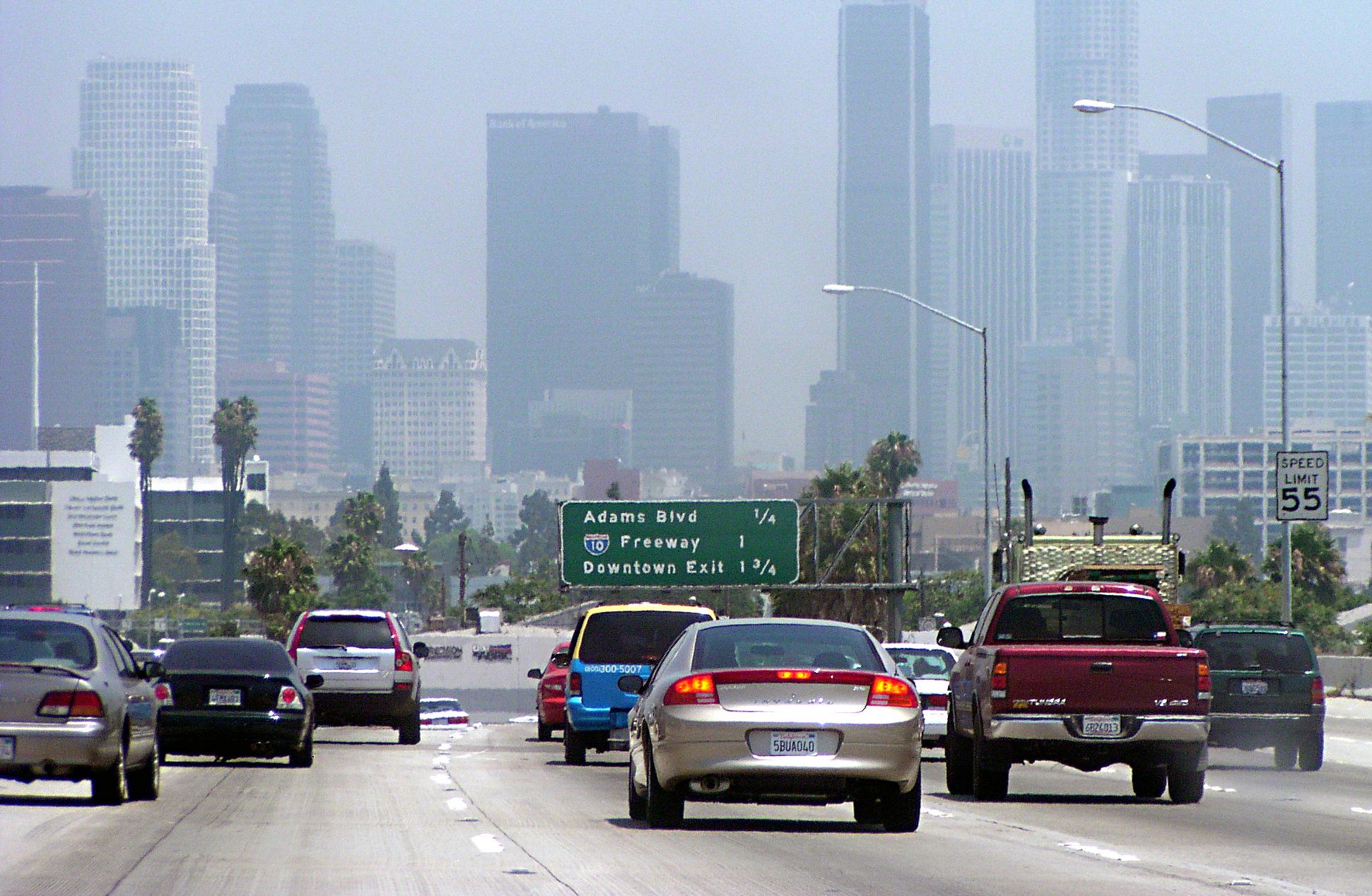
The Republican-controlled Senate is poised to eliminate the TIGER program, one of the few sources of federal funds that cities can access directly to improve streets and transit.
While the Senate Environment and Public Works Committee’s outline for its portion of a six-year bill was a marginal improvement on the status quo, the Commerce Committee's portion, known as the rail and safety title, may wipe out a program with a proven track record of success. The committee plans to pass the bill tomorrow morning and send it to the full Senate.
The worst aspect is the elimination of the TIGER grant program, which in its 7-year history has provided funding for multi-modal projects that found little support from other federal programs. By working directly with cities and regional agencies, TIGER bypassed state DOTs more interested in big highway projects than enhancing transit, biking, and walking options.
The Commerce Committee cynically says its plan “formally authorizes the TIGER transportation grants program,” merely “refocusing” it on freight infrastructure. TIGER has always been a boon to freight projects that had trouble accessing federal dollars, but it has also funded projects to make streets safer, heal scars left by urban highways, and improve transit service. The committee can’t take eligibility away from those types of projects and still call the program "TIGER."
And in fact, it's not: While the press release says the committee is authorizing TIGER, TIGER appears nowhere in the bill text [PDF]. What takes its place is a freight investment grant program, authorized with TIGER’s full $500 million.
The new freight program does prioritize multimodal projects, but as Steve Davis of Transportation for America says, "that shouldn’t happen at the expense of TIGER."
“We need more transportation dollars, not fewer, awarded competitively on the merits to the best projects,” Davis adds.
The day after the Commerce Committee released its proposal, Senators Patty Murray (D-WA), Susan Collins (R-ME), Jack Reed (D-RI), and Dick Durbin (D-IL) introduced a bill to authorize TIGER in its current form. Murray was an architect of the TIGER grant program and has long been one of its staunchest supporters on Capitol Hill.
T4A is urging supporters to contact their representatives today and get TIGER restored in the Senate bill.





